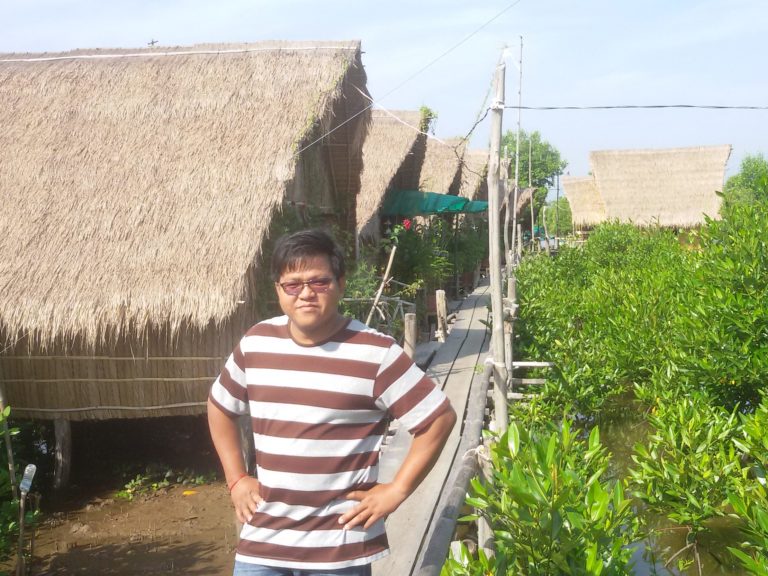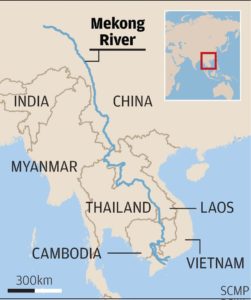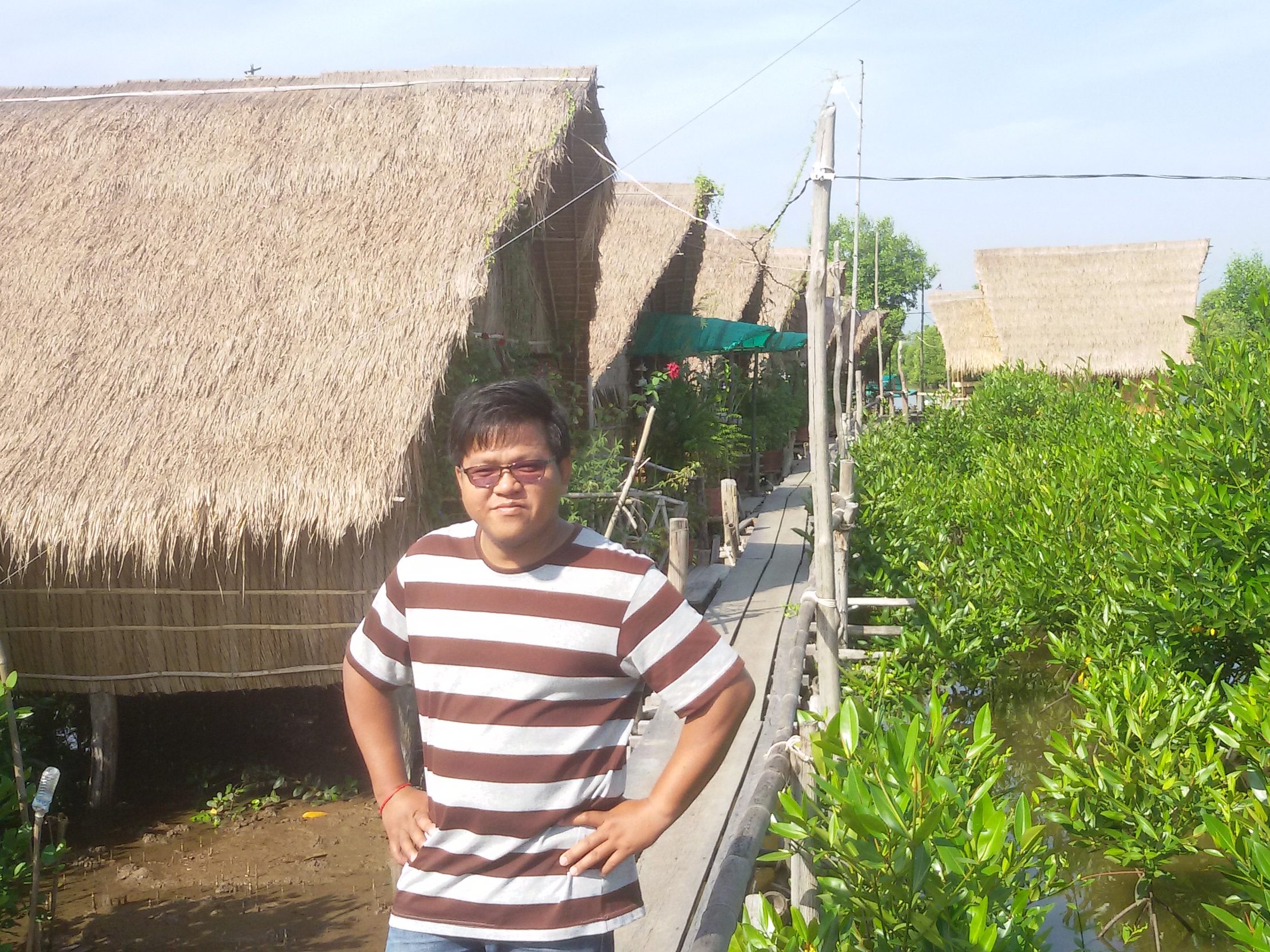
With a length of 2,703 miles, the mighty Mekong River originates in the Tibetan Plateau and flows through 6 countries in Asia—China, Myanmar, Laos, Thailand, Cambodia, and Vietnam—before it reaches the South China Sea. The Mekong is the world’s twelfth longest river and the seventh longest in Asia, providing food, water, recreation, and transportation for more than 60 million people. However, numerous large hydropower dam projects, river blasting and dredging, deforestation, illegal fishing, pollution, and climate change are endangering this iconic waterway.

Before the Mekong reaches its river delta in Vietnam and the South China Sea, its waters and fish collect and rest in Cambodia’s Tonle Sap Lake, the largest lake in Southeast Asia that once sustained the Angkor Empire, provides more than 75% of Cambodia’s freshwater fish catch, and was recognized as a UNESCO biosphere reserve in 1997. But by the time the Mekong reaches the lake, it has already passed through all six countries and suffered from many of the impacts noted above. Already, the surface area of lake fluctuates from approximately 1553 sq. miles in the dry season to approximately 6214 sq. miles in the wet season, further compromising the health of the lake and Cambodia’s water and food security.
For these reasons and others, Tonle Sap Lake Waterkeeper was founded in 2015 by Senglong Youk. Youk is the Deputy Director of the Fisheries Action Coalition Team (FACT), a coalition of NGOs established in 2000 to work on fisheries and environmental issues in Cambodia. As Tonle Sap Lake Waterkeeper, he empowers grassroots community fisheries to claim their rights to natural and fisheries resources management and mobilizes partners to build a strong voice to effectively conduct evidence-based advocacy programs that respond to development policies and programs. Tonle Sap Lake Waterkeeper has successfully advocated for the establishment and enforcement of Fish Conservation Areas, where fish catches and associated daily incomes have increased by approximately 250 percent.

Thanks to Senglong and his leadership, two new Waterkeeper Organizations were recently created to protect the Mekong River Basin in Cambodia: Lower Sesan River Waterkeeper in Steung Treng and Rattanakiri Provinces and Kratie Mekong River Waterkeeper in Kratie Province. Both are sponsored by well established and highly effective NGOs who have been working to empower community members—especially women and indigenous groups—to claim their rights to fisheries and natural and resource management. Now, leaders of NGOs working in other Cambodian provinces are joining a recruiting workshop being held alongside the first Waterkeeper Alliance East Asia Regional Summit hosted by Tonle Sap Lake Waterkeeper. Held in Siem Reap, Cambodia, the Summit is gathering Waterkeeper Organizations and Affiliates from Mekong countries, including Thailand, Vietnam, and China, for 4 days of strategic meetings, workshops, and team building across countries.
Since 1995, the Mekong River Commission has been the primary forum for transboundary cooperation among the basin’s six riparian countries. However, China and Myanmar did not join as members but as observers, while hydropower dam projects proliferated. Currently, almost sixty medium or large hydropower dams are in operation in the lower Mekong basin, with over twenty more under construction. China has built six large hydropower dams on the mainstream in its Yunnan Province, where the Mekong is known as the Lancang. In 2015, China launched the Lancang Mekong Commission headquartered in Beijing, with a significant level of support and participation from all six riparian countries. The Cambodian government is a major partner and beneficiary of China’s Belt and Road Initiative.
Waterkeeper groups in this region are working hard to keep their waterways clean and safe. Thankfully, with Waterkeepers like Senglong—and China’s Qiantang River Waterkeeper Hao Xing, who just hosted the phenomenal H20 Global River Cities Summit in Hangzhou China—Waterkeeper Alliance is poised to take transboundary cooperation in this region to new levels.